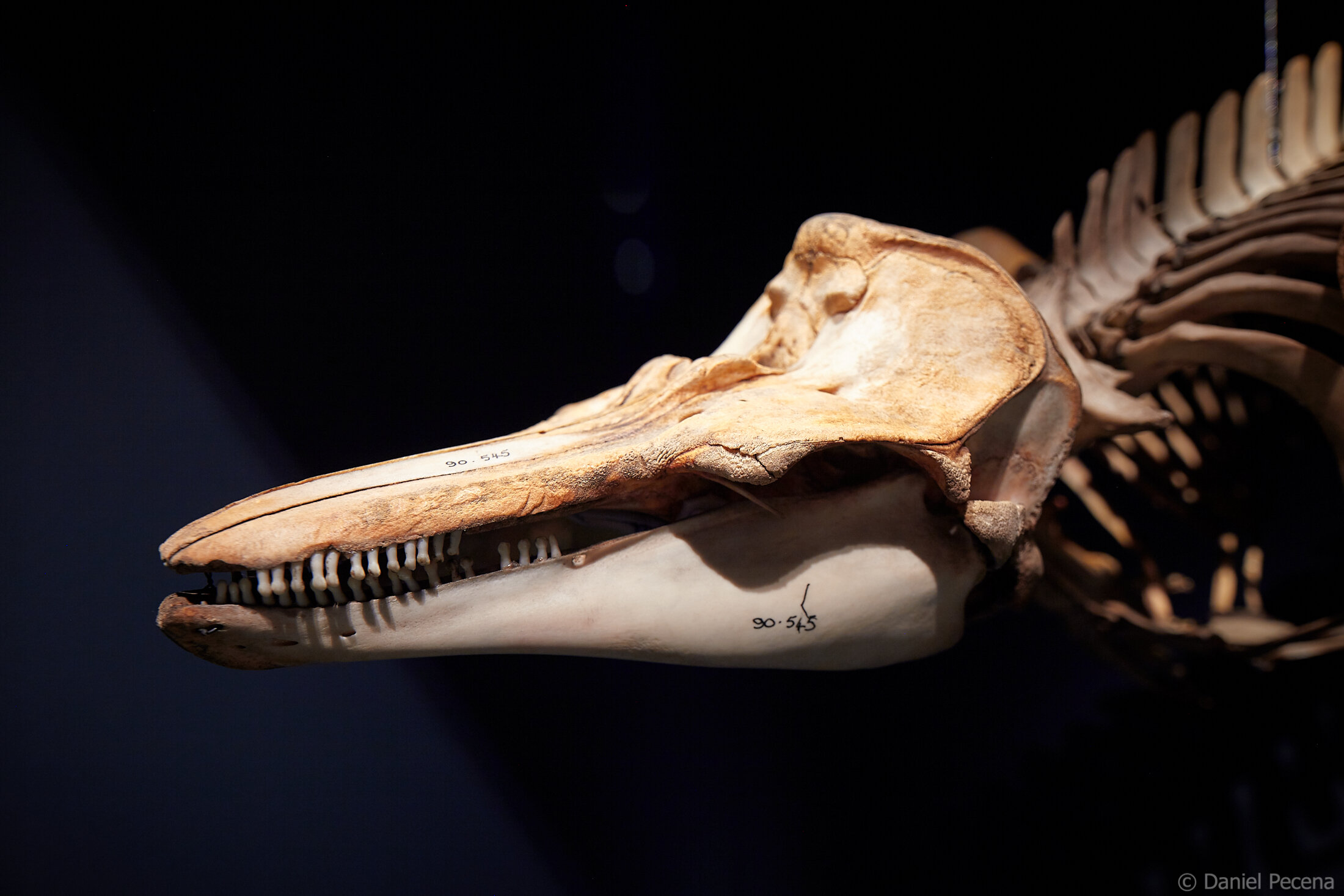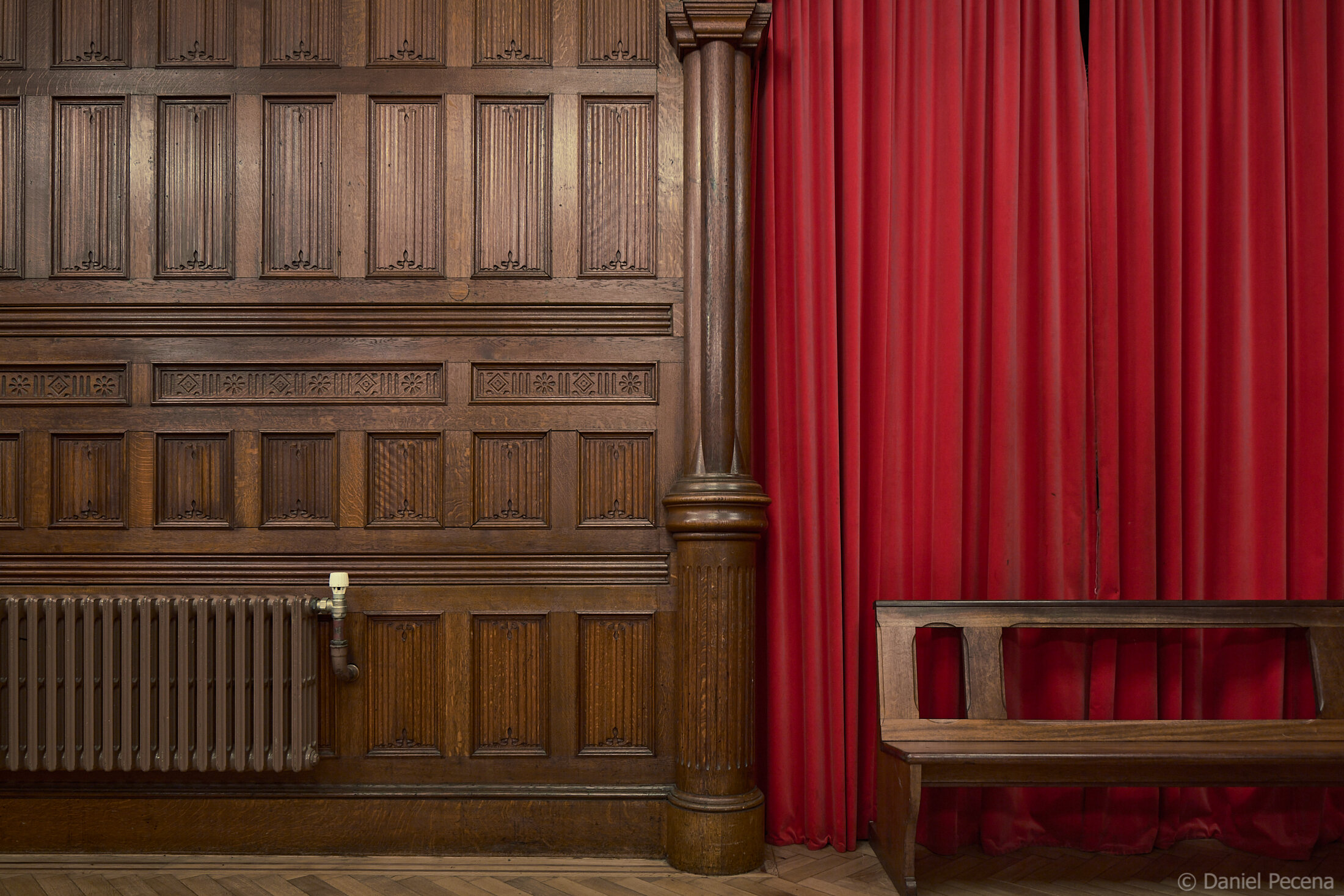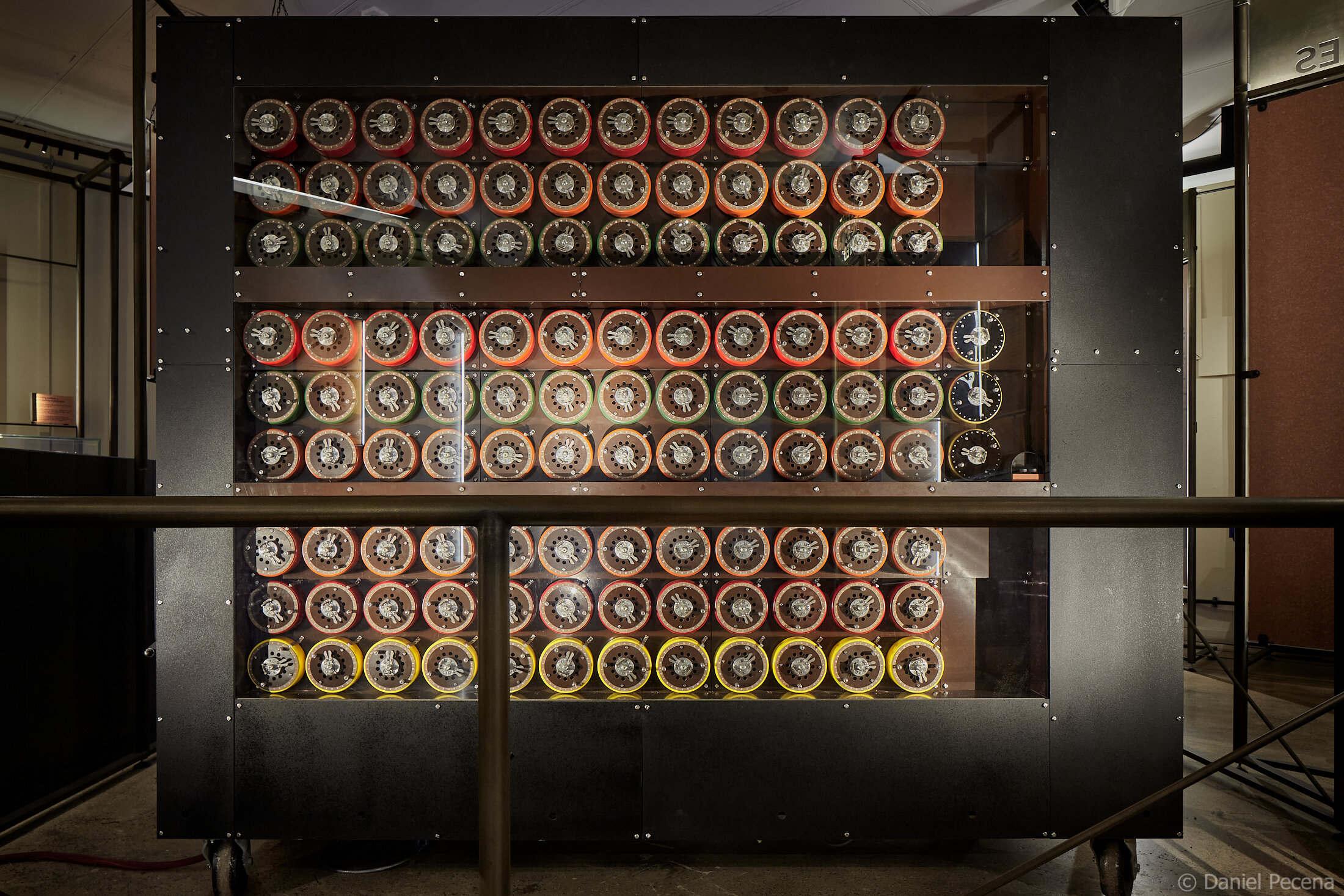Living in London has always been a cultural experience for me. Great and enriching one, indeed. The metropolis exerts its influence not only on myself but on other people living here, on any visitors and to a certain extent on anyone who pays attention to civilization in its broad sense as London isn’t mere capital of the UK but also a world city. Museums here are abundant, multifarious, big and small, opulent and austere. But museums are everywhere and when it was still possible to travel, in the UK and abroad, I always had time to go to local museums as they perform a great service to the past, present and future generations. That is, when they were open.
Reconstructed remains of temple of Mithras (240 AD), Bloomberg building, City of London
The museum(s), in any village, town or city is an integral part of that particular place and community. The museum and people who run it and participate in its workings help with accumulation of historical knowledge through objects and ideas it collects, displays, conserves and maintains. Many of these institutions are being tasked with advancing new knowledge by further research into various subjects they have been set up to perform for the purposes of education. This knowledge is then interpreted, communicated and passed to other researchers and visitors who absorb it and share it with their human circles in spoken, written and visual form. What arises is the shared cultural values of society, the bases and anchors of our civilization.
Michelangelo’s Taddei Tondo (1504-1506) or The Virgin and Child with the Infant St John at Royal Academy of Arts, London
Heliocentric model in Nicolaus Copernicus book De revolutionibus orbium coelestium (1543) in Royal Astronomical Society, London
The word museum is of Greek origin. It derives from mouseion which means ‘seat of the Muses’. The ancient Greeks worshipped nine sister goddesses, each of whom was called a Mousa. They believed that each Muse or Mousa was the goddess of a particular art or science. A place dedicated to these Muses and their arts and sciences they stood for was therefore called mouseion. It was a place of contemplation. Later on the Romans started to use the Latin derivation and the word museum as we know it was born. The first museum, if we can call it that way, was Ennigaldi-Nanna's museum, established circa 530 BC and devoted to Mesopotamian antiquities. It was built in ancient city of Ur for the Babylonian princess Ennigaldi. Ashmolean Museum became the first British public museum and was established in 1677 at Oxford University. The United Kingdom has now over 2500 museums or similar institutions nationwide. 1700 of them are officially accredited with the scheme overseen by Arts Council. According to the Association of Leading Visitor Attractions (Alva) there was a 77% fall in visits to museums and galleries in the UK in 2020 due to Covid national and regional lockdowns and restrictions imposed by the government. How many museums would survive without the visitors in 2021?
Recently I looked online to find out what cities in the world are leading in the museum count (http://www.worldcitiescultureforum.com/). There isn’t much surprise in Paris (having 297 museums in the city). Other notable cities included are Moscow (261), Seoul (201), London (192), Tokyo (173). Perhaps little surprising may be Chengdu (150) and Buenos Aires (132). All of the cities above are megacities which can afford to have so many different institutions cater to knowledge and leisure seeking citizens. But even in many smaller places there are usually great museums to be found. To my great pleasure one of the best best local museums I have ever visited was The Wick Heritage Museum in North Scotland. The museum describes its building as something of an ‘Aladdin’s cave’, which I think sticks well as it had been a revelation to me. This place is ran by volunteers and it had been a memorable visit for me.
Royal Academy of Arts, London
Natural History Museum, London / female blue whale in Hintze Hall
Dolphin skull in Natural History Museum, London
Dolphin’s fin in Natural History Museum, London
Darwin’s pigeon specimen / Natural History Museum, London
Natural History Museum, London
I like going to the museums as they are important to my practice as photographer and it is that museums are intersections between fields I am concerned with like landscape and architecture. Another aspect of frequenting the museum buildings is to gain knowledge and also to immerse oneself in acoustic ambience which particularly those museums with large halls are known to have and this may help to better psychological well-being. Listening to a hum of different human voices muddled together is contemplative and in a way similar to listening to a waterfall or perhaps trees in a wind. At this moment as museums (and nearly everything else where culture is being created, and these places include cafés, pubs and restaurants) are closed it is difficult to envision what would happen if they remained closed. There is a theory in sociology called cultural deprivation. But could this condition now affect people who used to be very active in creating and consuming cultural experiences? We’ll see in near future whether such condition will appear in medical journals, and in vocabulary of medical practitioners as observed by them in general population. We already know that culture contributes enormously to economy but positive contribution to one’s well-being have not been much discussed in the past. Of course, when we look at the museum web sites there is still many events available online like for example presentations videos, audio talks, photography, blogs and virtual tours. All that for general audience using computer devices with screens. Perhaps I am old-fashioned but I believe that the screen fatigue would settle, especially now when increasingly large populations are forced to spend more and more time working and educating themselves and others using screens. The real experience would still be needed to explore and learn using all our senses and have fellow humans around not just for ambience. That is what makes us human, at least for foreseeable future.
James Nasmyth’s telescope in Moon exhibition at National Maritime Museum, London
Replica of Galilean telescope in the Moon exhibition at National Maritime Museum, London
Hasselblad magazine ‘S’ used on the Moon during the Apollo 11 mission
Hasselblad camera used by Michael Collins, Apollo 11
Map of the Moon (fragment) by astronomer Mary Blagg in 1935
Seven-foot reflecting telescope used by William Herschel 1770-1790
Astroscopia, Christian Huygens (1684) in Moving to Mars exhibition
Science Museum, London - Mathematics: The Winton Gallery designed by Zaha Hadid
Bletchley Park, England
Model of Bombe machine in Bletchley Park
Design Museum, London
Model of the Rosalind Franklin ExoMars rover and model of the ExoMars Trace Gas Orbiter Moving to Mars exhibition at Design Museum, London
Hassell pod - prefabricated inflatable pod for kitchens, laboratories, bedrooms and rooms for leisure / Moving to Mars exhibition at Design Museum, London
3D-printed furniture for Mars habitat, Mars exhibition at Design Museum
Functional furniture in Hassell pod
Antony Gormley room in Tate Britain, London
The Chemical Basis of Morphogenesis by Alan Turing at Bletchley Park, England
Lot of museums have millions of specimens and in combination we can see and learn about billions years of evolution and our short history. So maybe one day when the pandemic is over there would be an exhibit of artistic representation of enlarged SARS-CoV-2 exhibited somewhere in the world for the purpose of telling another part of continuing human story as using electron microscope to display the real live virus for the view to general public would perhaps not be ethically and technically feasible.
The museum, in general, play great part in displaying and keeping universal heritage of humankind and I hope this would continue with curious visitors being able again to access the ‘magical’ buildings some day soon.
Box of glass eyes used in lab by Francis Galton in Design Museum, London
Galton introduced the use of surveys for collecting data on people
“Study the past if you would define the future”




























